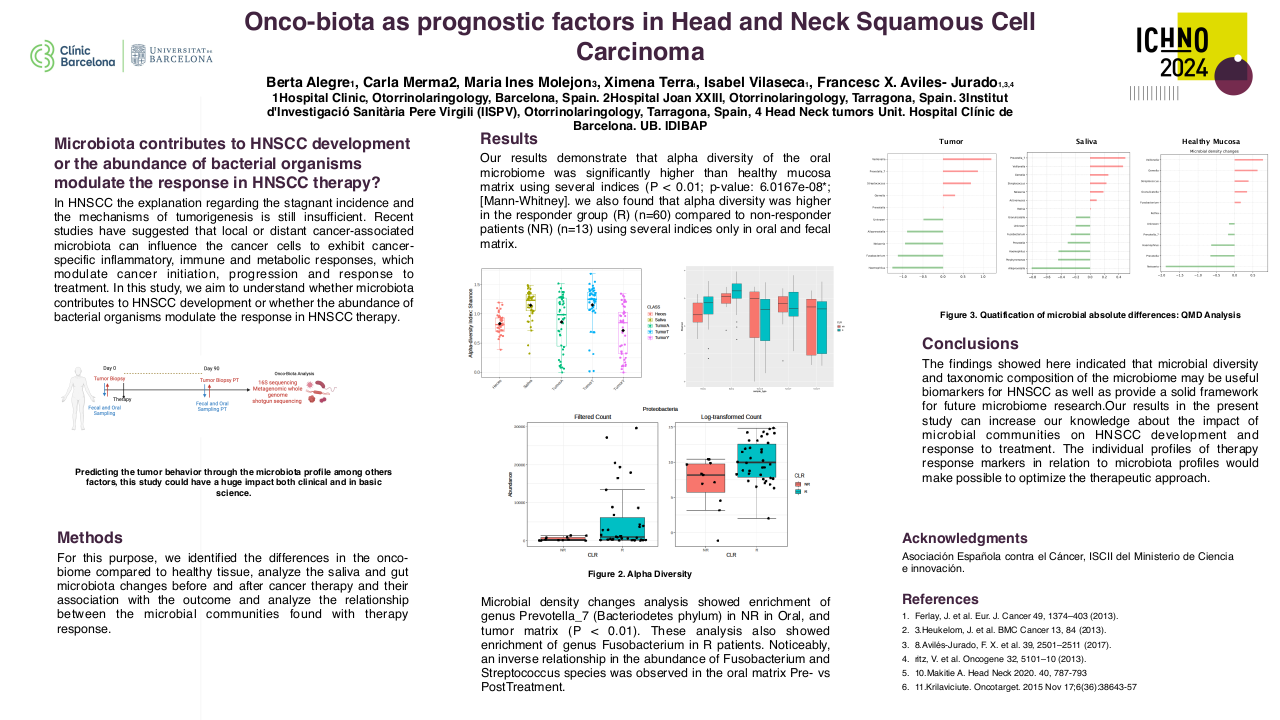survival outcome of chemotherapy and radiotherapy in patients with metastatic tonsillar cancer(M1)
Purpose/Objective
Tonsillar Cancer is among the rarest types of cancer. However, it constitutes 25% of all oral cavity cancers. Tonsillar Cancer has an overall good prognosis as it causes early symptoms which leads to early diagnosis and treatment. Surgery is the best treatment for early-stage Tonsillar Cancer however, there are some debates whether chemotherapy or radiotherapy are effective treatment modalities for metastatic Tonsillar Cancer. Accordingly, this study aims to evaluate the value of these treatment options for M1 tonsillar cancer.
Material/Methods
We extracted the data of 716 patients from the Surveillance, Epidemiology, and End Results (SEER) database whom were diagnosed between 2000-2020. All of them had Metastatic Tonsillar Cancer (M1). We divided the patients into 4 groups; chemotherapy, radiotherapy, combined chemoradiotherapy and no systemic therapy. We calculated the 5-year relative survival for each group. Kaplan-Meier curve and log rank test were performed using SPSS 25 for survival analysis. We also used the Cox regression hazard model to evaluate age, sex, year of diagnosis, race, months from diagnosis to treatment, chemotherapy, radiotherapy, and laterality as predictors of outcome.
Results
The 5-year overall survival of Metastatic Tonsillar Cancer was 23.7%; P<0.001. The 5-year relative survival of chemotherapy, radiotherapy, combined chemoradiotherapy and no systemic therapy were (8.4% ,26.8%, 31.7%, 11.4%; P<0.001). Age and Months from diagnosis were significant predictor of outcome both having a hazard ratio (HR) of 1; P<0.001. Chemotherapy and radiotherapy were also of significant prognostic value with HR of 0.74; P<0.005 and 0.86; P<0.045 respectively. Sex, year of diagnosis, race and laterality were of no significant value as predictors; P>0.05.
Conclusion
Metastatic Tonsillar Caner had an overall poor prognosis. Our results indicated that combined chemoradiotherapy showed the best survival outcomes followed by radiotherapy. Age and months from treatment were neutral prognostic value as they neither worsen nor improve outcomes. We recommend combined chemoradiotherapy as the first line treatment option for Metastatic tonsillar cancer. We also recommend radiotherapy in patients who can’t tolerate chemotherapy. Chemotherapy alone is not recommended as it showed the poorest survival outcome.






